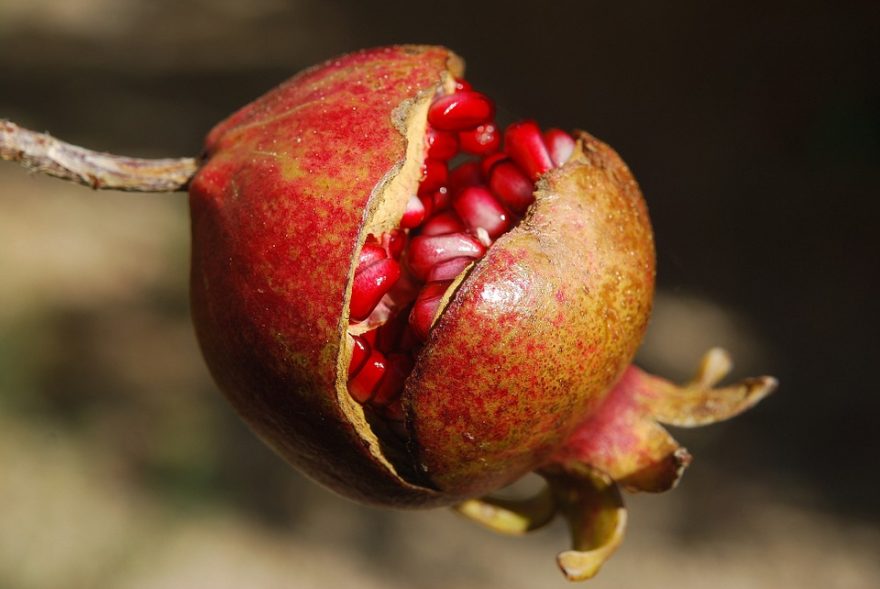ADHD Research Paper: How Nutritional Diet Affects ADHD
I. Introduction
A. Research Problem
Despite Attention deficit hyperactivity disorder (ADHD) being identified as a complex, multidimensional condition requiring multiple treatment approaches, nutritional management is one approach that has been largely ignored. Multiple types of research recognize that foods such as refined sugars, food additives, and fatty acids can be directly linked to ADHD. Additional evidence indicates that individuals with ADHD tend to be exhibit more problems when put on certain diets. This can be construed to imply that foods rich in selected nutritional components negatively affect the behavior patterns of individuals with ADHD. The research offers an in-depth analysis of the importance of nutritional adjustments and diet modifications in managing ADHD.
B. ADHD: Background
Documenting and analyzing various definitions, the section presents a comprehensive background of ADHD as a neurobiological disorder. Stresses on the developmentally inappropriate behavior exhibited by children with ADHD, inclusive of impulsivity, poor attention skills, and hyper activities. Compares multiple existing literature compiling; accurate statistics on incidences, causes, symptoms, and educational implications as presented by Egmond-Fröhlich, Weghuber, & Zwaan (2012).
C. Existing Treatment Options
Compares various literature to come up with the existing ADHD treatment options that are mostly being used to manage the condition. Debates on the general belief that ADHD is incurable and only manageable through approaches such as educational support and medication. Introduces the complexity of ADHD medication including stimulants such as methylphenidate and amphetamine.
D. Treatment Alternatives
Explores emerging treatment alternatives that have not gained much acceptance and that go beyond medication. Introduces concepts such as the nutritional approach, cognitive behavioral therapy and social skills training.
II. Nutrition and ADHD
A. Introduction
Citing various authors, the section introduces nutrition as an increasingly accepted management option for ADHD. It gives various theoretical propositions that link dietary factors to lessening or worsening the symptoms.
B. Current State of Research
Analyzes studies by Pelsser, Frankena, Toorman, Savelkoul, and Buitelaar (2009) and Ritz & Lord (2005) establish how the issue of nutrition as a treatment alternative for ADHD is currently viewed. Documents different studies that both support and discredit the belief that nutrition can play a significant role in ADHD management.
III. Nutrition for ADHD
A. Overall nutrition for ADHD
Identify the essence of proper nutrition for ADHD treatment. The section uses scientific evidence presented by Schnoll, Burshteyn, & Cea-Aravena, (2003) and Cortese, Angriman, Lecendreux & Konofal (2012) to analyze which foods have favorable or adverse effects on both activity and attention of individuals…
Writing a research paper on psychology can be a very rewarding tack to do, since you get to know better human psychology and discover something about yourself too. Of course, if you have enough time to do it in a proper way, not in a “typical student way,” when you are hectically trying to write something at 2 a.m. First of all, we decided to post this ADHD research paper to make the task easier for you. Secondly, you can find a lot of useful information at our blog. And if you still at a loss, we are always here to help you—just click the “order” button, fill in your requirements and wait for your ADHD research paper!

